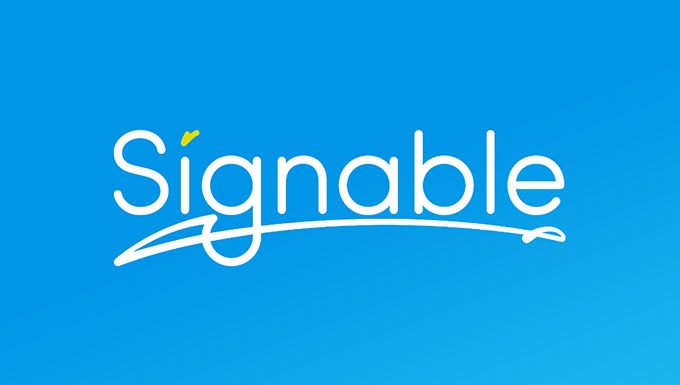Mini budget 2022 – What Does it Mean for Small Businesses?

Published:
Mix one part mortgage mayhem with two parts global inflation. Add a sprinkle of alarming price rises and you have the recipe for the UK’s growing economic crisis.
On Friday 23rd September, Chancellor of the Exchequer Kwasi Kwarteng announced a radical series of tax cuts and fiscal interventions to address the UK’s spiralling economy.
Aspects of this ‘mini budget’, specifically the proposal to cut tax for the country’s highest earners, received much public backlash and major market turbulence: the pound dropped to an all time low following its announcement and UK government bonds were sold off at a historic rate, causing the Bank of England to intervene.
The government have since scrapped plans to cut tax at the highest level and are instead focusing on the other fiscal measures introduced by the mini budget.
We take a look at the key takeaways and what this means for small businesses.
Corporation tax to remain at 19%
Former Chancellor Rishi Sunak proposed to increase corporation tax to 25%, affecting approximately 70% of UK businesses.
The good news is, in the mini budget, this change has been abandoned, meaning corporation tax will remain at 19% for all eligible businesses in 2023.
National Insurance rise reversed
Back in March 2022, the government introduced a 1.25% increase in National Insurance Contributions (NICs). From April 2023, this 1.25% increase was to then become a permanent, separate Health and Social Care Levy, its aim being to help the NHS and social care sector recover from the Covid-19 pandemic.
Under the new government’s mini budget however, both the Health and Social Care Levy and the temporary increase in NICs have been scrapped, returning National Insurance rates to their previous levels. This change will come into effect from November 6th 2022.
This means that from the end of November, businesses should directly see the effects of this reversal as they will effectively be paying 1.25% less in Employer National Insurance Contributions per employee.
Support with energy bills
One of the most pressing issues currently facing small businesses is the spiralling cost of commercial energy bills which historically, haven’t benefited from an energy price cap in the same way domestic contracts have.
Thankfully, ahead of the mini budget, the government has announced the Energy Bill Relief Scheme (EBRS) to help businesses cope with rising energy costs.
The scheme, which started on 1st October 2022, gives discounted gas and electricity unit prices to those on non-domestic contracts for 6 months.
This is a cut of almost 50% compared to the price that energy was expected to reach this winter, and means that businesses will pay no more than:
- Gas: 7.5p per KWh
- Electricity: 21.1p per KWh
IR35 reforms reversed
Reforms that were previously made to IR35, both in 2017 and 2021, have been repealed. This places the responsibility for assessing tax back onto individual contractors rather than the end client and will come into effect from April 6th 2023.
The current rules will remain in place until April 5th 2023 and any work done up to this date, even if invoiced and paid after April 6th 2023, is subject to the client determining the status.
The government hopes that reversing the rules surrounding IR35 will “free up time and money for businesses that engage contractors” and help them to focus their attention on other priorities.
A permanent increase to the Annual Investment Allowance
The Annual Investment Allowance (AIA) is a type of Capital Allowance which businesses can use to claim tax relief when they invest in long-term business assets.
With AIA, businesses can deduct the value of any assets from their profits before tax, which means they subsequently pay less tax overall in that financial year.
Previously, the maximum limit which could be claimed using the AIA was £200,000 in a year. As part of the Covid Recovery Plan, this was then temporarily increased to £1 million, expected to stay in place until March 2023.
The AIA threshold has now been permanently increased to £1 million under the mini budget and will no longer be reduced in 2023.
Save with Signable
With many small businesses experiencing the harsh effects of the UK economic crisis, now more than ever, it’s important to reduce unnecessary costs where possible.
Paper and printing are often one of the greatest (and most unnecessary) expenses businesses face. Fortunately, there’s a simple solution: Moving your documents online means less time chasing paper, less money spent on printing and more time to focus on higher priorities.
A simple change can make a huge difference – Try our 14 day free trial and start saving today!